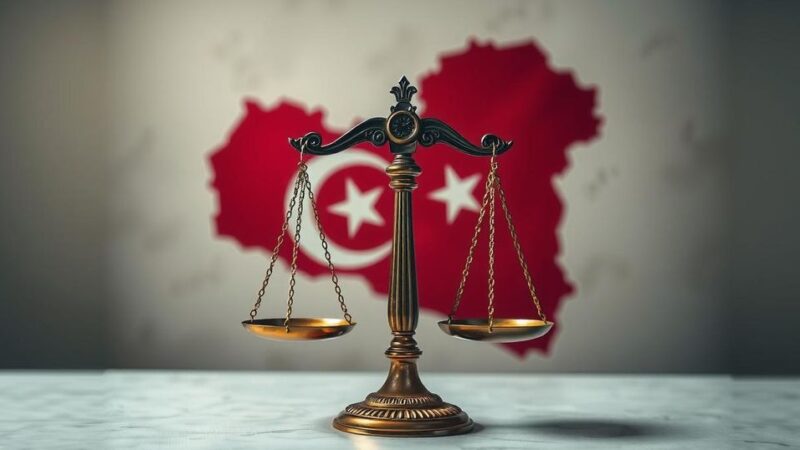Colombia’s President Gustavo Petro has declared emergency powers in response to rising violence in the Catatumbo region, where over 80 people have died, and 32,000 have been displaced due to armed group clashes. The decree allows restrictions on civil liberties for up to 270 days. The government has ceased peace negotiations with the ELN and deployed additional military resources to stabilize the area amid humanitarian concerns.
Colombia’s President Gustavo Petro has enacted emergency powers to restore order in the Catatumbo region, near the border with Venezuela, amid escalating violence from armed groups. This decree grants him up to 270 days to impose curfews and restrict civil rights without needing congressional approval. Violence since mid-January has resulted in over 80 deaths and displaced more than 32,000 people, as rival factions vie for control of drug routes in the area.
The deteriorating situation has prompted Petro’s government to halt peace negotiations with the National Liberation Army (ELN). The president, who took office in 2022, had previously aimed to achieve “total peace” in Colombia following decades of conflict. Amidst ongoing battles and rebel infighting, thousands of military personnel have been deployed to Catatumbo to combat rising violence while arrest warrants have been reinstated for ELN leaders.
Human rights organizations have raised alarms about the safety of civilians, calling for urgent government intervention to protect local residents, including defenders of human rights. The United Nations Secretary-General Antonio Guterres has echoed these concerns, urging an immediate cessation of violence against civilians and ensuring humanitarian access to affected areas. Many residents have fled to Venezuela or nearby regions, creating a pressing humanitarian crisis.
As displaced families continue to seek refuge, aid groups express concerns about the strain on local resources. Families arriving in the Norte de Santander region often carry minimal belongings, leaving them uncertain about their future. Voices from the ground reveal the profound impact of violence, as one mother articulated her desire for peace to return for the sake of her children: “That is all we want. That is all we ask from those people.”
Colombia’s Catatumbo region has been the scene of increasing violence as various armed groups, particularly the National Liberation Army and dissident factions of the Revolutionary Armed Forces of Colombia, engage in territorial battles. These clashes have resulted in mass displacements and deaths, leading the government to reconsider its approach to negotiations and crisis management. Recent events mark a significant challenge to President Gustavo Petro’s peace initiatives following a lengthy period of internal conflict in Colombia.
The issuance of emergency powers by President Gustavo Petro reflects a government response to severe violence in the Catatumbo region, which has led to substantial civilian displacement and loss of life. As armed groups continue to clash over control of drug trafficking, the emphasis on civil protection and humanitarian response intensifies. The international community is called to assist and advocate for peace and stability in the affected areas of Colombia.
Original Source: www.aljazeera.com







